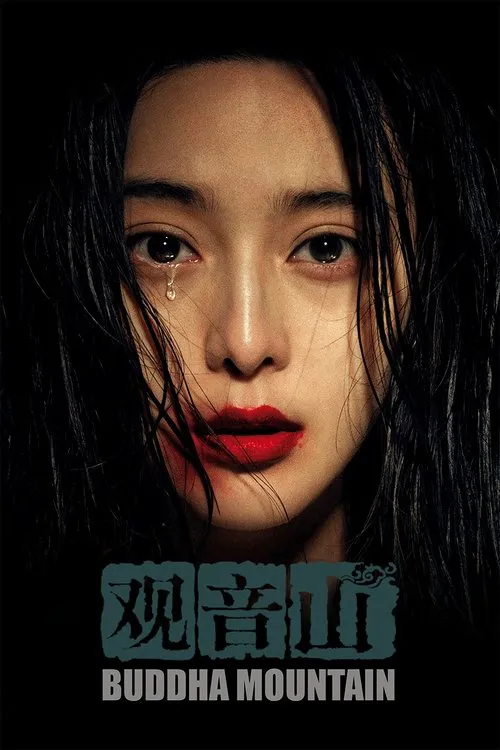Buddha Mountain

Plot
Budded in a culturally rich and traditional city such as Chengdu, China, where music is deeply ingrained in the local heritage, especially the revered opera form, it is only fitting that Master Chang, a retired opera singer, dedicates her boarding home to becoming a sanctuary for the free-spirited and the outcasts of society. However, it's not just the city that is witnessing significant transformations; the lives of Master Chang and her young tenants are also undergoing pivotal shifts. Upon meeting her new tenants, Master Chang is introduced to a world that seems to be lightyears away from her conservative background. There's Xiao Li, the rebellious rock singer with a voice that shakes the very foundations of convention; Tao, a college student who has fled his stifling home environment in search of adventure and self-discovery; and Li Yu, Tao's eccentric friend who adds an air of unpredictability to the mix. Despite their vastly different personalities and interests, the trio finds solace under Master Chang's benevolent care, whose presence is both a stabilizing force and an enigma that draws them in. As Master Chang gradually opens up to her tenants, revealing glimpses of a long-forgotten past that is riddled with pain and regret, the lines between a mother figure's protection and a friend's non-judgmental acceptance begin to blur. She becomes particularly close to Xiao Li, who reminds her of her own younger self in the opera world – a fierce, unbridled spirit that refused to be contained. The rock singer's defiant music and Master Chang's former life as an opera singer forge a bond that not only brings them together but also prompts Master Chang to reconnect with her own past, confronting the choices she made and the dreams she let slip away. Meanwhile, Tao and Li Yu bring their own brand of energy to the boarding home. The college student's aimless wanderings and search for purpose serve as a poignant reminder of the challenges faced by those who are torn between their family's expectations and their own desires. Li Yu, on the other hand, brings an air of unpredictability to the group, often finding himself at the centre of hilarious misunderstandings and chaotic situations that both delight and frustrate Master Chang. Through a series of vignettes that capture the essence of their relationships, the film weaves a poignant tapestry that highlights the transformative power of human connection. As the boarding home becomes a makeshift family of sorts, Master Chang's tenants begin to confront their own demons and desires, with the retired opera singer serving as a source of inspiration and support. In the process, she too finds the courage to re-examine her own life, rediscovering the passions that drove her to become an opera singer in the first place. The city of Chengdu provides a picturesque backdrop for the evolving relationships and personal growth of Master Chang and her tenants. Despite the contrasts between the old and the new, the traditional and the modern, the film ultimately celebrates the enduring spirit of music, which transcends boundaries and becomes a source of healing and redemption for all. As the boarding home becomes a vibrant hub of creativity and self-expression, it is Master Chang who serves as the beating heart of the film, illuminating the power of love, forgiveness, and second chances to transform lives and create new beginnings.
Reviews
Recommendations




